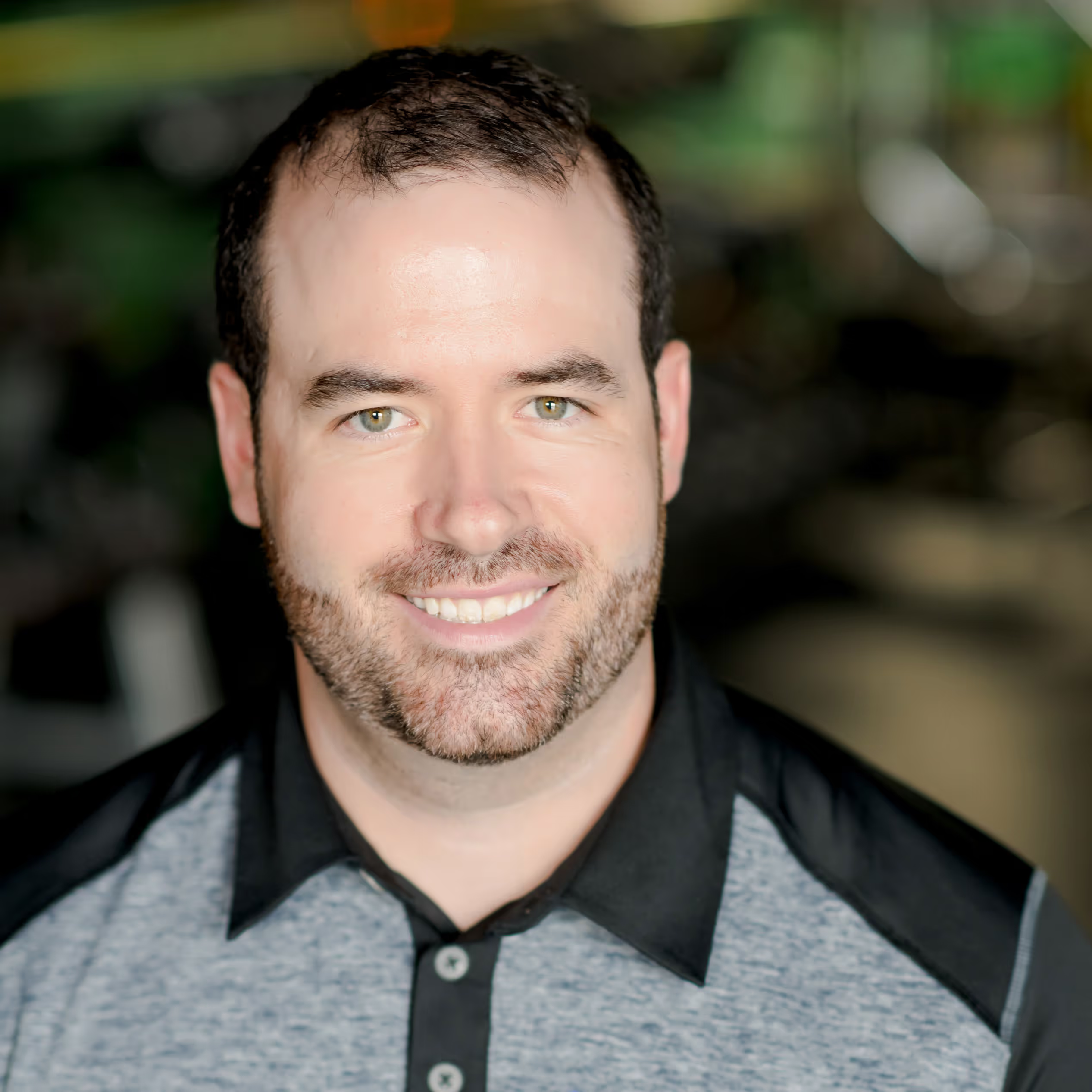Parent's Guide to Club Soccer: Selection, Development and More
Introduction
In the ever-evolving world of youth soccer, parents often find themselves at a crossroads, trying to discern which path will best foster their child's development and love for the game. To provide some clarity, we dive into a recent discussion on the Milwaukee Sports Performance Podcast with Lauren Falk and Ben Shepherd, co-director of FC Wisconsin, exploring the chaos of club soccer selection, player development, and the balancing act parents must master.
Understanding the Complexity of Youth Soccer
The youth soccer landscape is sprawling, presenting both opportunities and challenges. Ben Shepherd emphasizes that while an abundance of leagues offers numerous levels for aspiring young players, the vast amount of information available can be bewildering for parents. Each league and club markets itself aggressively, often leaving parents overwhelmed. Therefore, Ben highlights the importance of conducting thorough research. Starting with conversations with club directors can be invaluable. Visiting training sessions and interacting with current club parents can provide authentic insights into the club's culture and development philosophy, as well as the environment your child might experience there.
Evaluating Club Philosophies and Programs
When evaluating clubs, it's essential to consider not just the leagues they participate in but also their development philosophies. FC Wisconsin, for instance, is structured to offer tiered programs that cater to different skill levels, ensuring players are challenged appropriately and have the opportunity to move across programs as they grow. Ben points out that real player development occurs within the club's environment, not merely through the leagues they enter. Lauren Falk extends this by emphasizing the importance of a holistic approach to player growth, recognizing that personal development and resilience are equally significant alongside athletic skills.
The Role of High School Soccer
A key concern for many parents is whether high school soccer will hinder their child's development if they are aiming for college-level play. Ben acknowledges that the high school experience may lack the rigorous training of club play but argues that it offers invaluable experiences such as playing in front of peers and school spirit—something often missing in club games. He champions the fun and reduced pressure of high school soccer, asserting that it complements the high-intensity nature of club participation.
Balancing Multi-Sport Participation
Ben advocates for multi-sport participation, especially at younger ages, to avoid burnout and foster diverse physical and mental skills. This view aligns with evidence suggesting that engaging in multiple sports reduces the risk of injury and enriches overall athletic development. Nevertheless, he cautions against overtraining in youth soccer. He stresses that quality should always outweigh quantity in training, urging clubs to focus on delivering focused, effective sessions over numerous weekly practices.
Managing Expectations and Pressure
Ben and Lauren conclude with advice on handling the pressures inherent in youth sports. They remind parents to focus on the present—prioritizing their child's enjoyment and self-motivation—over long-term outcomes, which can stifle passion and increase burnout. Embracing resilience as a core life skill, they argue, will benefit children far beyond the soccer field. Finally, they encourage parents not to overly stress about making the perfect decision, noting that adjustments can always be made as experiences unfold, and that learning from errors is an integral part of the journey—for both parents and young athletes.
Conclusion
Navigating the world of youth soccer can be daunting, but with the right guidance and mindset, parents can effectively support their children in finding the path that best suits their abilities and aspirations. Through informed decision-making, embracing a developmental philosophy, and ensuring balance, parents can foster both their children's love for the game and their growth as individuals.
Listen to more in our episode of the Milwaukee Sports Performance Podcast on this page, Apple Podcasts, Spotify or watch on our YouTube Channel.



